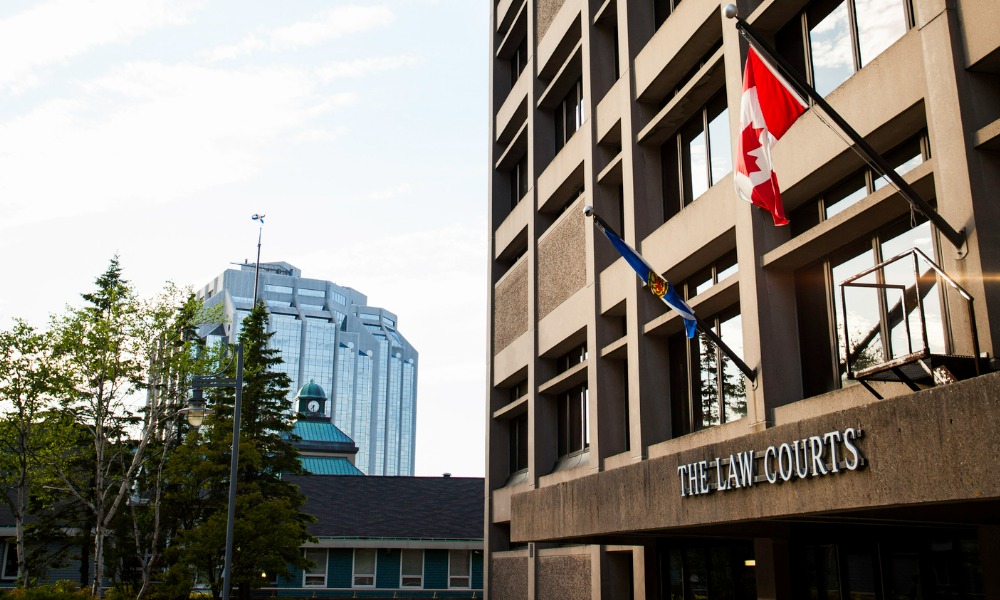
The report found that some justice system personnel lacked understanding of family violence

The Access to Justice & Law Reform Institute, formerly known as the Law Reform Commission of Nova Scotia, has published its Survey Report on Responding to Emergency Situations in Family Court.
This report presents the findings from a survey of the family law bar in Nova Scotia regarding their experiences with family violence claims in family court and beyond.
The survey gathered insights from 23 family lawyers across the province, with a roughly equal representation of urban and rural responses. The respondents detailed their experiences handling urgent and emergency matters, applying for Emergency Protection Orders (EPOs) and peace bonds, referring clients to community resources, and supporting self-representing survivors of family violence. The report also highlighted respondents' suggestions for improving the family court experience for survivors.
Respondents noted several best practices, such as referring clients to community services like mental health support and transition houses. They emphasized the importance of supervised access and exchange programs and advocated for greater investment in these services across the province. Addressing housing and economic instability, providing credit score repair on compassionate grounds, and public education campaigns to de-stigmatize family violence were also identified as crucial areas for improvement.
The report also discussed the challenges within the family justice system, including some justice system personnel's lack of understanding of family violence, difficulties in accessing legal counsel, and court delays. Respondents found emergency or urgent hearings and EPOs helpful in theory but challenging in practice due to stringent thresholds and the need for timely action.
The report included several recommendations for enhancing the justice system's response to family violence. These suggestions involve greater training for justice system personnel on the dynamics of family violence, specialized training for judges overseeing family violence cases, and improved mechanisms to address litigation abuse. Respondents also called for relaxed evidentiary requirements, dedicated family violence support offices, and better coordination between criminal and family courts.
The project, funded by Women and Gender Equality Canada and the Nova Scotia Advisory Council on the Status of Women, also developed a website offering resources for lawyers, researchers, and survivors. The website features a bi-monthly newsletter on new family violence cases, a Nova Scotia Family Violence Case Index, and a webinar with a corresponding manual on family violence cases in family court.
Key takeaways from the survey included the high prevalence of family violence in family law cases, the impact of the COVID-19 pandemic on increasing family violence and financial instability, and the critical role of community services. Lawyers highlighted the importance of addressing supervised parenting programs' affordability and availability and supporting survivor well-being outside the justice system.
Overall, the report underscored the need for systemic improvements to more effectively support survivors of family violence and ensure their safety and well-being within and beyond the family justice system.